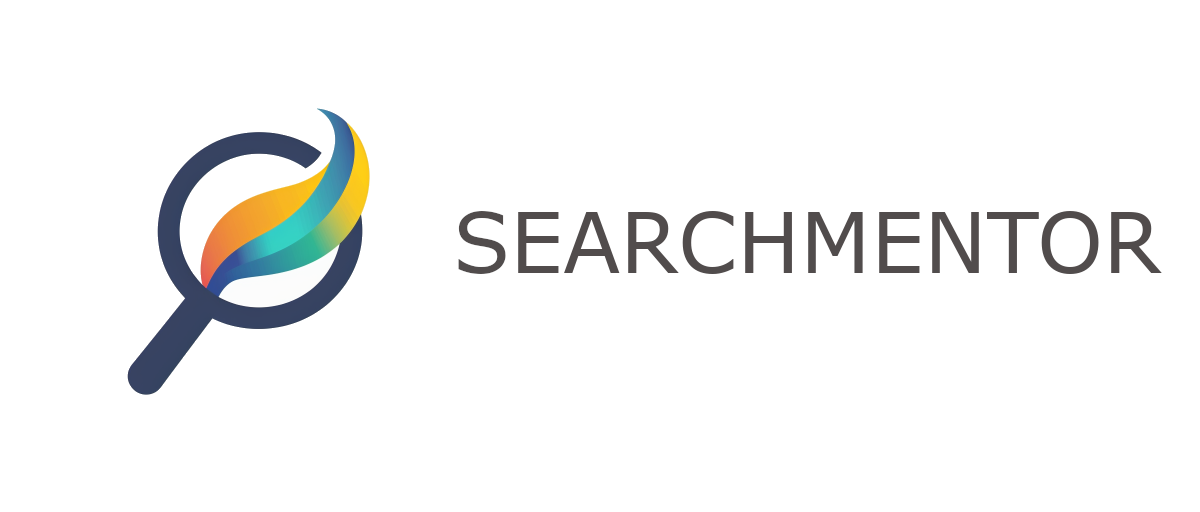In the face of escalating environmental concerns and the urgent need for sustainable living practices, eco houses stand out as a beacon of hope and innovation. These homes, designed with the environment in mind, offer a blueprint for the future, blending cutting-edge technology with traditional methods to minimize ecological footprints while maximizing comfort and efficiency.
The Foundation of Eco Houses
At the heart of eco house design is the principle of sustainability. These structures are built using environmentally friendly materials that are either recycled, sustainably sourced, or both. From bamboo flooring to hemp insulation, the materials chosen not only reduce the impact on the planet but also ensure indoor air quality and energy efficiency. The use of non-toxic paints and finishes further underscores the commitment to a healthy living environment, free from harmful chemicals.

Harnessing Renewable Power
Energy efficiency is another cornerstone of eco houses. Through the strategic use of solar panels, wind turbines, and other renewable energy sources, these homes generate their own electricity, often producing enough to sell surplus back to the grid. High-efficiency appliances, LED lighting, and smart home technologies reduce energy consumption, while innovative heating and cooling systems, such as geothermal heat pumps, maintain comfortable temperatures year-round with minimal environmental impact.
Maximizing Every Drop
Water conservation is also a key focus of eco house designs. Rainwater harvesting systems collect and store rainwater for use in irrigation and, with proper treatment, for domestic purposes as well. Low-flow fixtures and greywater recycling systems further reduce water usage, ensuring that every drop is utilized efficiently.
Designing with Nature
The architectural design of eco houses also plays a critical role in their sustainability. By taking advantage of natural lighting and ventilation, these homes reduce the need for artificial light and air conditioning, thereby saving energy. The orientation of the house, along with features like green roofs and living walls, not only enhances energy efficiency but also contributes to biodiversity and helps regulate indoor temperatures.

Living in Harmony with the Environment
Sustainability extends beyond the physical structure to the lifestyle of the inhabitants. Eco houses often incorporate vegetable gardens, composting systems, and other elements that support a self-sufficient, eco-friendly way of life. This holistic approach to design encourages residents to live more harmoniously with nature, reducing their carbon footprint and promoting biodiversity.
The Advantages of Eco Living
The benefits of living in an eco house are manifold. Apart from the obvious environmental advantages, these homes offer significant financial savings over time through reduced energy and water bills. The use of natural materials and improved indoor air quality also contribute to the health and well-being of the residents, making eco houses not just a sustainable choice, but a smart one as well.
The Path to Wider Adoption
Despite these advantages, the adoption of eco houses is not without its challenges. High initial costs and a lack of awareness can deter potential homeowners. However, as technology advances and becomes more affordable, and as more people become educated about the benefits of sustainable living, eco houses are becoming increasingly accessible and popular.

Community Impact and Collaboration
Eco houses can serve as catalysts for community engagement and collaboration in sustainable living practices. Neighborhoods that embrace eco-friendly housing initiatives often foster a sense of community cohesion, with residents sharing resources, knowledge, and support. Collaborative efforts, such as community gardens, shared renewable energy infrastructure, and eco-conscious neighborhood events, strengthen social bonds while collectively reducing environmental impact.
Adaptability to Climate Change
With climate change posing increasing challenges to traditional housing structures, eco houses demonstrate resilience and adaptability. Design features such as passive solar design, thermal mass construction, and resilient building materials help mitigate the impacts of extreme weather events, such as heatwaves, storms, and flooding. By prioritizing resilience in design and construction, eco houses offer a sustainable solution to the changing climate landscape.
Education and Advocacy
Houses serve as educational platforms for promoting sustainable living principles and advocating for environmental stewardship. Homeowners and builders can host tours, workshops, and educational events to showcase the benefits of eco-friendly design and construction techniques. By sharing their experiences and insights, they inspire others to adopt similar practices, driving broader awareness and action towards a more sustainable future.

Regulatory Support and Policy Implementation
Government policies and regulations play a crucial role in incentivizing and supporting the widespread adoption of eco houses. Incentive programs, tax credits, and building codes that prioritize energy efficiency and sustainability encourage homeowners and developers to invest in eco-friendly housing solutions. Advocacy efforts aimed at policymakers can help strengthen existing regulations and establish new frameworks to accelerate the transition to eco-friendly housing on a larger scale.
Global Implications and International Collaboration
The principles of eco house design and sustainable living extend beyond individual communities and nations, carrying global implications for environmental conservation and climate mitigation. International collaboration and knowledge sharing enable the exchange of best practices, technologies, and innovations in sustainable housing design and construction. By fostering partnerships and cooperation on a global scale, the eco housing movement can amplify its impact and contribute to addressing shared environmental challenges worldwide.
Eco Houses as a Vision for the Future
In conclusion, eco houses represent a visionary step towards a sustainable future. By integrating green technologies with eco-friendly materials and design principles, these homes pave the way for a lifestyle that is not only environmentally responsible but also economically viable and health-conscious. As society continues to grapple with environmental challenges, eco houses offer a promising path to a greener, more sustainable world, demonstrating that living in harmony with nature is not only possible but desirable.

